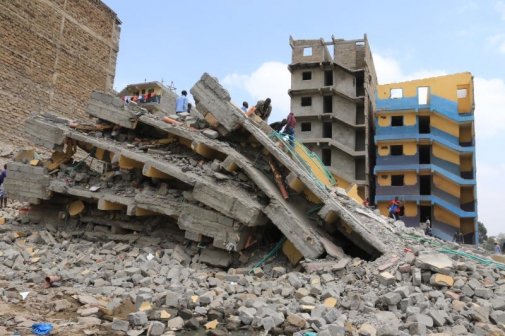×
The Standard e-Paper
Smart Minds Choose Us

At the height of collapse of buildings in Nairobi and other parts of the country last year, President Uhuru Kenyatta ordered the formation of National Building Inspectorate Department under the Ministry of Public Works.